Arts Philosophy in Practice
3 Min Read • Arts Integration
Last week we introduced our research journey determining the extent to which we align our arts philosophy with our arts education practice. This week, we are going to take a look at how our philosophies translate into our practice: do you believe in the Education of Art or the Education of Artistry?
A big Thank You to those of you who shared your philosophies last week!
After taking your responses into account and researching arts education philosophies in general, two major philosophies have emerged that combine the thoughts and opinions gathered so far. I have respectfully labeled these two philosophies as Education of Art and Education of Artistry. Neither is right and neither is wrong, but merely two schools of thought. Where does your arts philosophy fit?
Education of Arts Philosophy
The Education of Arts philosophy believes that the product is the determining factor of mastery. Technique and skill are of the utmost importance in the assessment of the student’s ability to master the art. This philosophy encourages students to trust the process and employ their knowledge of technique and skill to ensure the best possible outcome. Although the process is important, the true story is told by the end result and the student’s ability to convey this narrative through the final product.
As with any art, multiple interpretations can be made, but the student’s voice can be found in the mastery of skill and technique presented in the product. Beauty and aesthetic have been defined and set at a standard, and students strive to reach that expectation. There are specific steps to take when resolving a problem, and this philosophy believes students should stop and redo if the product is not going to be of utmost quality. As students work through their artistic lenses it is expected that they will rationalize the product as a means of communicating their story. It is ok for students to wait until they are done to seek feedback or self-assess the product.
Students should know and be able to complete the appropriate steps, techniques, and skills to prove mastery at the art. The Education of Arts philosophy ultimately believes the purpose of arts education is to develop skill and technique through a socially approved aesthetic medium.
Education of Artistry
The Education of Artistry philosophy believes in the process over the product. Technique and skill are important but only as a means to assist in the student’s ability to create, as the process of creation is most important. Students are encouraged to question the process, as well as alter and modify the process so it best fits their artistic choices. This arts philosophy believes students tell their stories through their process and the journey that led them to their final product, and they speak through this interpretation and allow the process to reveal their narrative.
Beauty and aesthetic have no standard, and students understand this through their personal and individual artistic discoveries. Multiple approaches to problem-solving are welcomed and students are encouraged to continue the process even if their product is not what might be considered exemplary.
As students develop artistically they are able to justify their choices as a means of communicating their process and are continuously seeking feedback at various stages in order to engage others on their journey. They accept that steps, techniques, and skills are flexible and modify them to reveal the best of themselves. The Education of Artistry philosophy believes the purpose of arts education is to develop soft skills, voice, and purpose through a medium other than words.
What is your Philosophy?
As you read each philosophy, chances are you agree with both. Remember, neither is right nor wrong, just different. It is not uncommon to agree with parts of both, but which do you tend to lean more towards the Education of Art or the Education of Artistry?
Please let us know which philosophy speaks to you. Simply choose one below.
Join us next week as we provide a tool that will allow you to assess your philosophy in practice.



